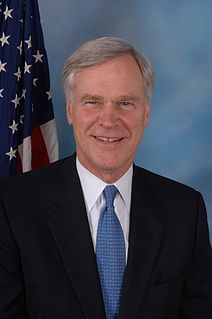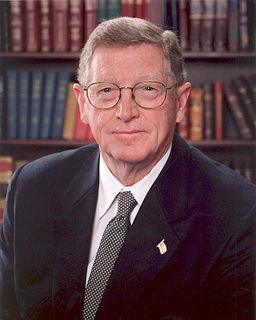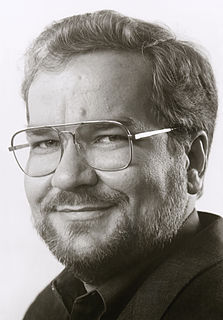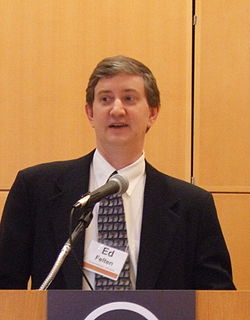A Quote by Robert Englund
The technologies of convenience are making our sphere of exploration and experience smaller.
Quote Topics
Related Quotes
NEEMO missions are a challenging and exciting aspect of astronaut training. The research we conduct during those missions allows us to test new technologies and exploration concepts in conditions similar to the ones we'll experience in space. They are a great opportunity to help me expand my knowledge and develop new tools for future space exploration.
Many people may not recognize that the development of space exploration technologies has already helped benefit Earth in many ways, especially when it comes to communications, Earth observation and even fostering economic growth. Space technologies are surprisingly critical in impacting government, industry and personal daily decision-making.
Every purchasing decision involves a trade-off between what I call fidelity and convenience. Fidelity is the total experience of something - how great the experience is. Convenience is how easy it is to get something. A live concert is a high fidelity way to experience music; an MP3 file is a high convenience way to experience music. Depending on the situation, one or the other is probably pretty appealing. What's not appealing is something that offers neither.
Space exploration must be undertaken not only out of simple human curiosity but also to further the survival of the species. The twentieth century has seen the unprecedented development and proliferation of magnificent technologies. Many of them, through design, ignorance, or misuse, are capable of destroying life as well as enhancing it. Space exploration alone holds the promise of eventual escape from a dying planet, provided we wisely manage our resources in the meantime and actually survive that long.
We can change our thinking. Rather than viewing the chemical adulteration of our environment and our bodies as the inevitable practice of convenience and progress, we can decide that cancer is inconvenient and toxic pollution archaic and primitive. We can start seeing the creation of carcinogens as the result of outmoded technologies. We can demand green engineering and green chemistry. We can let our systems of industry and agriculture know that they are suffering from a design flaw.
When the Founders thought of democracy, they saw democracy in the political sphere - a sphere strictly limited by the Constitution's well-defined and enumerated powers given the federal government. Substituting democratic decision making for what should be private decision making is nothing less than tyranny dressed up.
High fidelity is a rich experience, and you'll put up with terrible convenience to get it - maybe it's high cost, waiting in line, jumping through hoops. High convenience is the opposite - it's a commodity, but it's cheap and easy and ubiquitous. A great exclusive boutique shop is high fidelity; Wal-Mart is high convenience. Both are hard to establish in their own way. The thing to remember about sustaining either is that you can't sit still. Some other entity will always find a way to challenge your fidelity position or your convenience position.



































